Foods For Oily Skin: What To Eat And Avoid
Get that oil-free, clear, and healthy skin with the right foods in your diet.
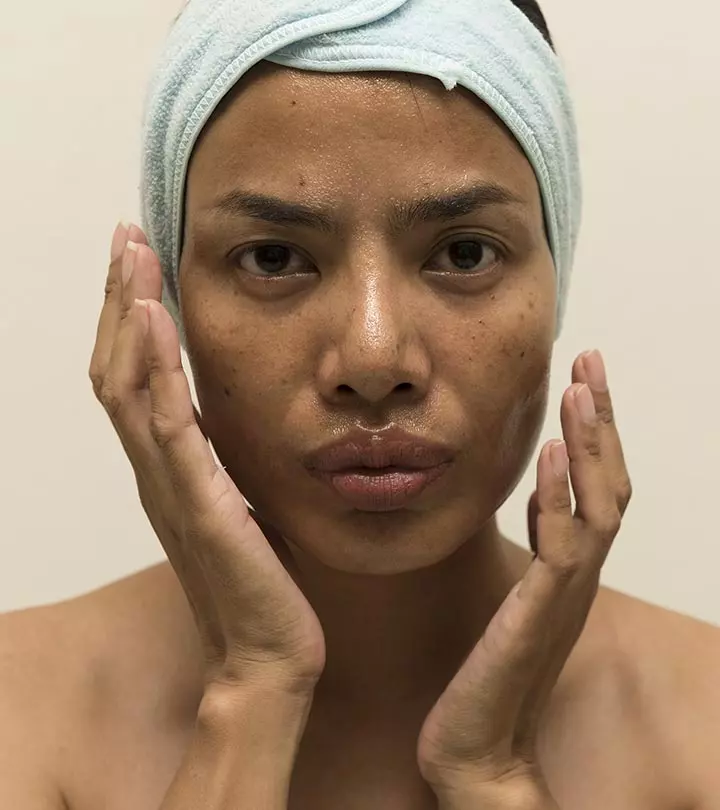
Image: Shutterstock
You are what you eat. The food you eat has a huge impact on your skin condition, especially oily skin. So yes, following a diet for oily skin will help you resolve many skin issues like excess oil production, greasiness, enlarged pores, acne, blackheads, and whiteheads. Most of us try several topical remedies to resolve these issues but do not concentrate on what we consume. So why not follow a balanced diet that will help you combat oily skin? All you need to do is avoid a few foods that aggravate your oily skin issues. Want to know which are those foods? We have prepared a list of foods to avoid and eat for oily skin to help manage the common issues. Keep reading.

In This Article
Understanding Oily Skin
Oily skin occurs when the sebaceous glands in the skin produce excess sebum (a greasy, wax-like substance that hydrates and shields the skin and hair), leading to a shiny appearance and clogged pores. Numerous factors can contribute to oily skin such as genetics, hormonal changes, stress, and diet. Environmental stressors like humidity can also cause it. Addressing the root cause alongside maintaining a clean diet can help avoid excessive oiliness on the skin.
Scroll through to discover the top foods that are beneficial for controlling excess oil on skin.
Key Takeaways
- Vitamin-rich foods like bananas, broccoli, and citrus fruits can improve your skin health by regulating your sebum production.
- You can avoid breaking out by not indulging in alcohol as it can dehydrate the skin.
- Limit your intake of sugar as it can aggravate oily skin and cause blood sugar levels to increase.
- Eat foods that help lessen skin inflammation like dark chocolate, avocados, and cucumbers as they have plenty of antioxidants.
Best Foods For Oily Skin
Follow a regular skin care routine for oily skin, in combination with a diet consisting of best foods for oily skin, to ensure you always have glowing skin. Here are some foods you can go for.
1. Cucumbers
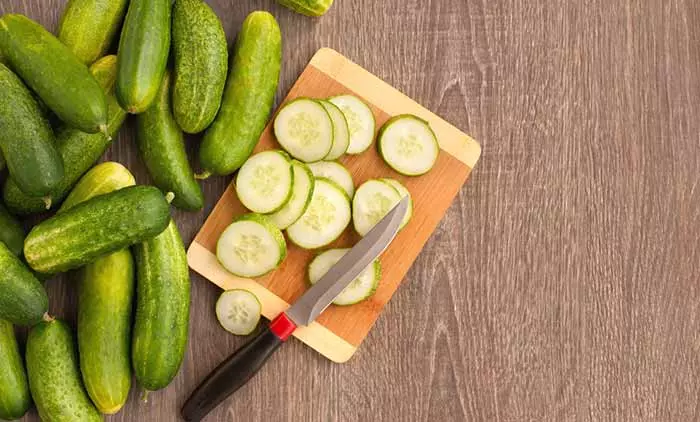
Cucumbers have 95.23 g of water per 100 g. That means they are mostly made up of water. As we all know, hydration is very important for good skin. Water flushes out toxins from your body and facilitates the proper secretion of hormones. On top of that, cucumbers have a high antioxidant content, which is essential for good skin. They are also anti-inflammatory, which helps reduce acne (1), (2). Cucumbers are great ingredients for an acne diet.
 Trivia
Trivia2. Whole Grains
Consuming whole grains instead of processed carbohydrates will enhance skin texture and improve your complexion.
Always opt for foods that are minimally processed – for example, choose whole wheat bread over white bread. Foods such as whole-grain buckwheat contain the antioxidant rutin, which helps prevent inflammation-related skin damage. Wheat germ contains biotin, a B-vitamin that helps in the processing of fats. If you have low levels of biotin in your body, your skin will become dry, itchy, and scaly (3), (4), (5).
Foods high in fiber, like oats and brown rice, help eliminate the toxins from your body, making your skin, hair, and health better. Fiber can help combat constipation, which leads to an imbalance in the body, and is a major contributor of clogged pores, acne, and other skin issues (6).
3. Nuts
Nuts are rich in omega-3 fatty acids, which are essential for clear, healthy skin.
They also have anti-inflammatory properties and help enhance your skin’s texture. But, beware, don’t consume too many of them, or they may have the opposite effect on your skin. Restrict it to a handful a day (should be contained within your fist), or lesser (7), (8).
Foods like soya bean, avocados, nuts, salmon, and tuna contain omega-3 fatty acids, which are excellent for the skin. Omega-3 fatty acids are anti-inflammatory and play a role in the regulation of systemic inflammation. Increasing dietary omega-3 fats will facilitate healing of the skin. Regular consumption of omega-3 fatty acids decreases inflammation and may reduce the risk of acne and other skin issues by decreasing insulin-like growth factor (IGF-1) and preventing hyperkeratinizationi A condition where dead skin cells on the lining of a hair follicle's interior can clump together and clog the pore. of sebaceous folliclesi Small exocrine glands in the epidermis that extend into a hair follicle and secrete sebum, an oily or waxy fluid. (9).
4. Bananas
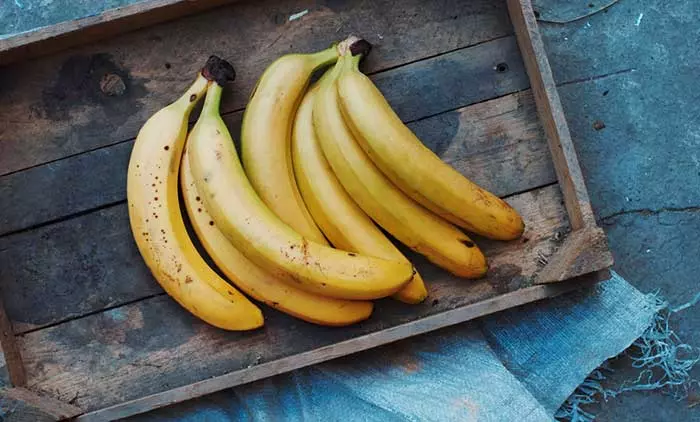
Bananas contain vitamin E, phosphates, and potassium, which enhance skin health. They are also amazing detoxifiers. Eating a banana a day can help diminish pores, which prevents dirt from entering into them. The antioxidants in bananas also help fight oxidative stressi A condition caused by an imbalance between the creation and buildup of oxygen radicals in cells and the ability to detoxify them. (10).
5. Avocados
Another great fruit for healthy skin is avocado. It contains fatty acids that are extremely healthy for the skin and prevent the secretion of excess oils from the sebaceous glands. It is a great source of antioxidant carotenoids like alpha-carotene, beta-cryptoxanthin, beta-carotene, zeaxanthin, and lutein. Adequate amounts of carotenoids in your diet will improve your skin’s density, thickness, tone, and texture (11), (12).
6. Spinach
Green vegetables like spinach, kale, and broccoli do not contain any oil. They are rich in fiber, which, as I mentioned before, helps to clear your skin and regulate oil production. Spinach also offers anti-aging benefits (13). One cup of spinach contains about 164 grams of water. Healthy eating also includes a good amount of water intake. Without enough water, the skin will become dehydrated, dry, taut, and flaky, and your sebaceous glands may go into overdrive trying to combat this, resulting in oily skin.
Broccoli is also a superfood. It contains vitamin C, magnesium, and vitamin A, which prevent blocked skin pores. It is also anti-inflammatory and soothes the skin. It helps in controlling oil production, which reduces the risk of acne and other skin problems (14). You can also include broccoli in some face packs for acne.
7. Lentils And Pulses
. Consuming them regularly in the right amounts can help in controlling the production of oil, facilitating clear skin. Pulses, too, control the oil production in the body. They contain amino acids that don’t break into sugars when consumed, which actually aggravates oil secretion (15).
8. Oranges
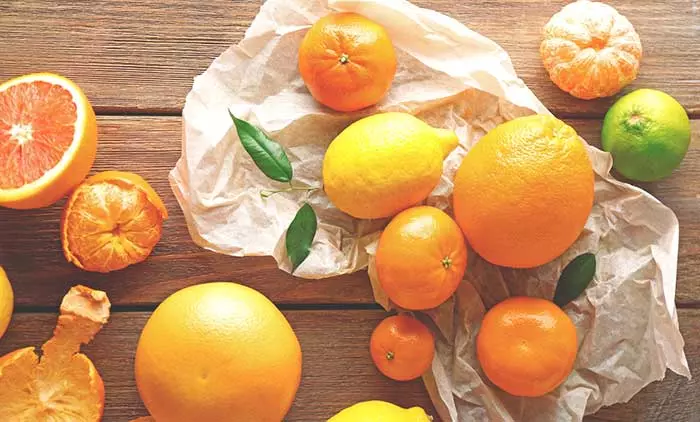
Citrus fruits, such as oranges and lemons, contain vitamin C, which is amazing for the skin. They also contain detoxifying agents that flush out the extra oil from your skin, making it healthier. The natural oils in oranges help to moisturize the skin. They also contain citric acid, which helps to dry out acne, improving the texture of your skin (16).
Lemons, on the other hand, help eliminate toxins from the body and facilitate healthy liver functioning, which makes the skin clear and supple (17).
9. Dark Chocolate
Finally, something you were dying to hear! Yes, you can have dark chocolate – you just need to practice some portion control. As a result of its higher cocoa content, dark chocolate contains higher levels of polyphenols, which are antioxidants that protect and improve the skin. On the other hand, other studies indicate that continuous consumption of dark chocolate can lead to acne outbreaks. Hence, moderation is key (18), (19), (20).
10. Coconut Water
Coconut water is great for skin hydration. It helps in keeping the skin clear and supple and prevents breakouts, acne, and blemishes. It is a good source of vitamin C, riboflavin, and calcium, and contains minerals like magnesium, potassium, and manganese. It also may have potential anti-inflammatory effects (21).
11. Lemon Juice
Lemon juice helps to eliminate toxins from the body and facilitates healthy liver functioning, which makes the skin clear and supple. The vitamin C in lemon helps to rejuvenate the skin internally, preventing age spots. Regular intake of fresh lemon water can cure acne, blackheads, and all such skin infections and control oil production (22).
12. Carrots
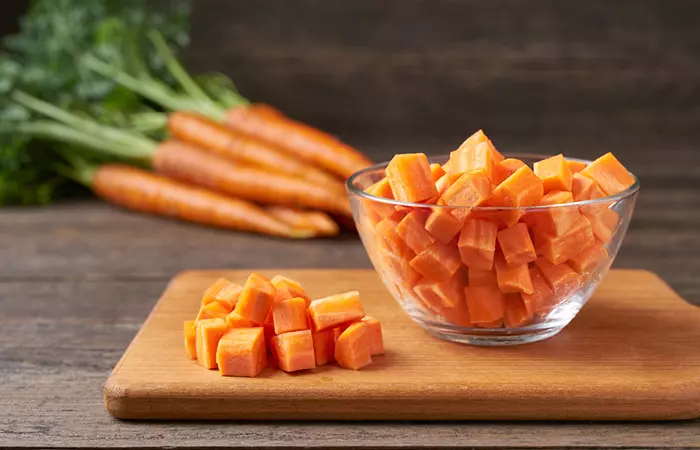
Carrots offer a multitude of benefits for the skin, making them a natural skincare powerhouse. These root vegetables are rich in carotenoids that have been linked to a more youthful appearance (23). Incorporating carrots into your diet or using them topically can promote a naturally healthy and radiant skin tone. However, it is important to exercise moderation, as excessive consumption of carrots, may lead to carotenemia, a condition characterized by a yellow or orange tint to the skin (24). Remember, balance is key in harnessing the remarkable skin-enhancing properties of this vibrant vegetable while avoiding potential side effects.
Now that we know what we should be consuming, let’s take a look at all the foods that we should totally NOT eat.
Foods To Avoid For Oily Skin
These are literally the worst foods for oily skin as they increase the oil production in the skin. Avoid them as much as possible.
1. Dairy Products
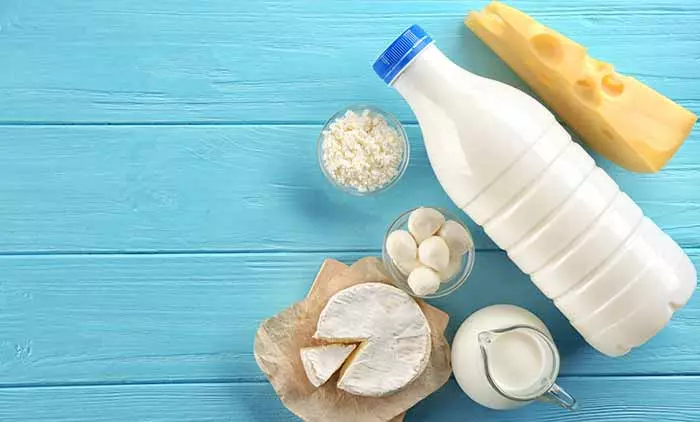
They may be a huge part of your diet, but they have a negative impact on your skin, especially if it is oily. They have high levels of hormones (such as testosterone) that stimulate the sebaceous glands in the skin, making it oily and greasy (25).
2. Caffeine
A study states that coffee reduces insulin sensitivity (26. This means your blood sugar levels stay high for a longer period than usual after you drink coffee. This may increase inflammation and worsen your acne.
3. Refined Carbohydrates
Refined cereals like white pasta, white flour (maida), junk food, and processed juices can harm your skin as they spike your blood sugar levels, sending oil production into overdrive (27).
4. Inflammatory Fats (Saturated Fats and Trans Fats)
This one is a no-brainer. If you have oily skin, avoid fatty foods. Consuming a lot of saturated fats can increase inflammation in the skin, which can lead to excess oil production. Avoid red meats such as lamb, sausages, beef, and bacon, as well as pizza, butter, cream, cheese, cakes, and pastries.
Trans fats are also very harmful for your skin. They are formed when oil goes through a hardening process called hydrogenation (also known as hydrogenated fats). Trans fats can be found in most processed foods. So, check the labels before you buy them (28).
5. Added Sugars
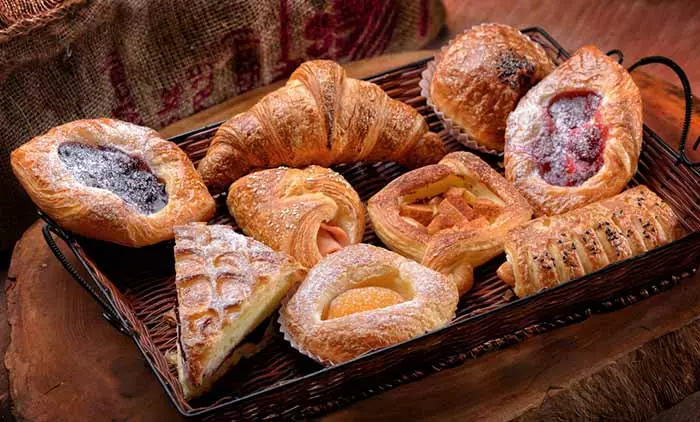
Consuming sugar causes a spike in your blood sugar levels. This leads to the production of more insulin, which, in turn, causes the glands to produce more oil. This leads to oily skin and acne. Avoid cakes, cookies, jams, pastries, and sweets, as well as cereals, cereal bars, crackers, and fizzy drinks. Consume natural sugars, which are present in fruits and vegetables, in moderation (29).
Sarah Perkins, a vlogger, spoke about the benefits of a sugar-free diet for her acne-prone, oily skin in her video. She said, “Stabilized blood-sugar levels is really really really key to keeping my skin clear. And it is in fact when I am either eating loads of highly refined carbohydrates or high sugar foods that my skin does start to break out again (i).” She further added that eating healthy fats was a great way to suppress her hunger and keep her skin clear.
6. Salty Snacks
Excess salt can lead to water retention and inflammation. It can also cause an increase in the oil levels of the skin as it tries to combat the dehydration caused due to salt. Avoid pickles, salted nuts, crisps, sauces, salad dressings, store-bought soups, cured meats and bacon, chips, and crackers (30).
7. Alcohol

Alcohol dehydrates the body, which makes the skin produce more oil to compensate for it. This often leads to acne and breakouts (31).
8. Fatty Meats
Meat contains very high amounts of sodium, which leads to water retention. This causes inflammation and greasiness, resulting in extremely oily skin (32).
9. Spicy Foods
Spicy foods cannot be digested very easily, and consuming excess spices can create toxins in the body. Chilis can create a lot of heat in the body, which can make the skin oily, causing a lot of pimples – especially if you are prone to getting them. If you have oily skin, consume more soups and salads (33). So, if you don’t want to go for an intensive pimple treatment for your oily skin, start avoiding spicy foods!
Wait! There is more to come! Take a peek at these tips, which would totally change the oil game of your skin. Practice these regularly to get smooth, glowing skin.
Additional Tips
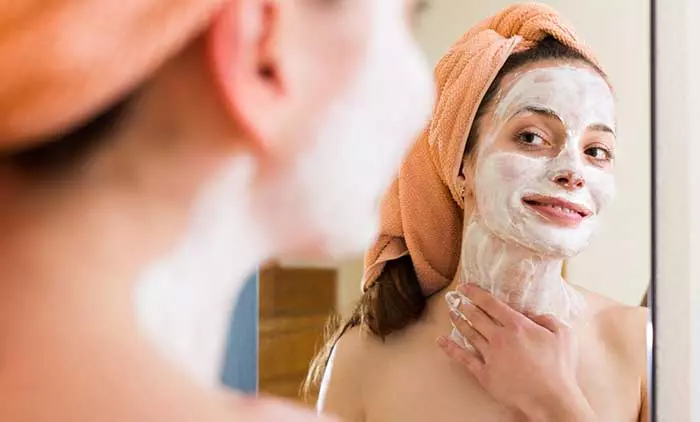
Instead of trying to get rid of oily skin, you should do things that keep your natural skin type healthy. Here are a few tips that will come in handy if you have oily skin.
- Don’t use soaps to wash your face. Prefer oil-control face washes.
- Use blotting papers.
- Try natural remedies like honey and clay to control the oil on your face.
- Workout regularly.
- Try yoga – it balances your hormones.
- Don’t punish your skin by scrubbing it too hard or washing it multiple times a day to combat oiliness.
 Quick Tip
Quick TipInfographic: What To Eat And Avoid If You Have Oily Skin
A lot of people have a negative perception of oily skin. While it requires extra care, it’s all worth it because it remains youthful longer. And taking care of it also includes eating healthy. See the infographic below to find out what foods are good for your skin.
Some thing wrong with infographic shortcode. please verify shortcode syntax
You must take care of and pay close attention to your skin in order to achieve a beautiful complexion. Keeping your face clear and acne-free can be difficult. In addition, having oily skin is a common nightmare for many people. Although your genetics determine the true cause of oily skin, numerous solutions are available. One of them is eating right. Your diet has a big impact on how well you take care of your skin. Incorporating lean protein, probiotics, and prebiotics into your food choices, along with low-GI foods, can improve not only your nutrition but also your overall health, including skincare concerns, such as oily skin. Therefore, understanding what to eat and what not to eat to avoid oily skin can be beneficial in the long run. Follow the guidelines above to achieve healthy-looking skin.
Frequently Asked Questions
What is the ideal diet for managing oily skin?
The best diet for individuals with oily skin includes foods rich in antioxidants, like fruits and vegetables, along with omega-3 fatty acids. Limiting sugar, refined carbs, and greasy foods can also help control excess oil production.
Is eating eggs good for oily skin?
No. Eggs are rich in progesterone, a hormone that triggers acne when consumed in excess. Hence, people with oily skin should avoid eating eggs.
Can drinking water help with oily skin?
Yes, drinking water may prevent excess oil production and balance out the oil and water content in your skin.
Is turmeric good for oily skin?
Yes, turmeric may be good for oily skin. Curcumin, the active component in turmeric, has antioxidant and anti-inflammatory properties that may control sebum production and manage acne (34).
Illustration: Foods For Oily Skin: What To Eat And Avoid For Healthier Skin
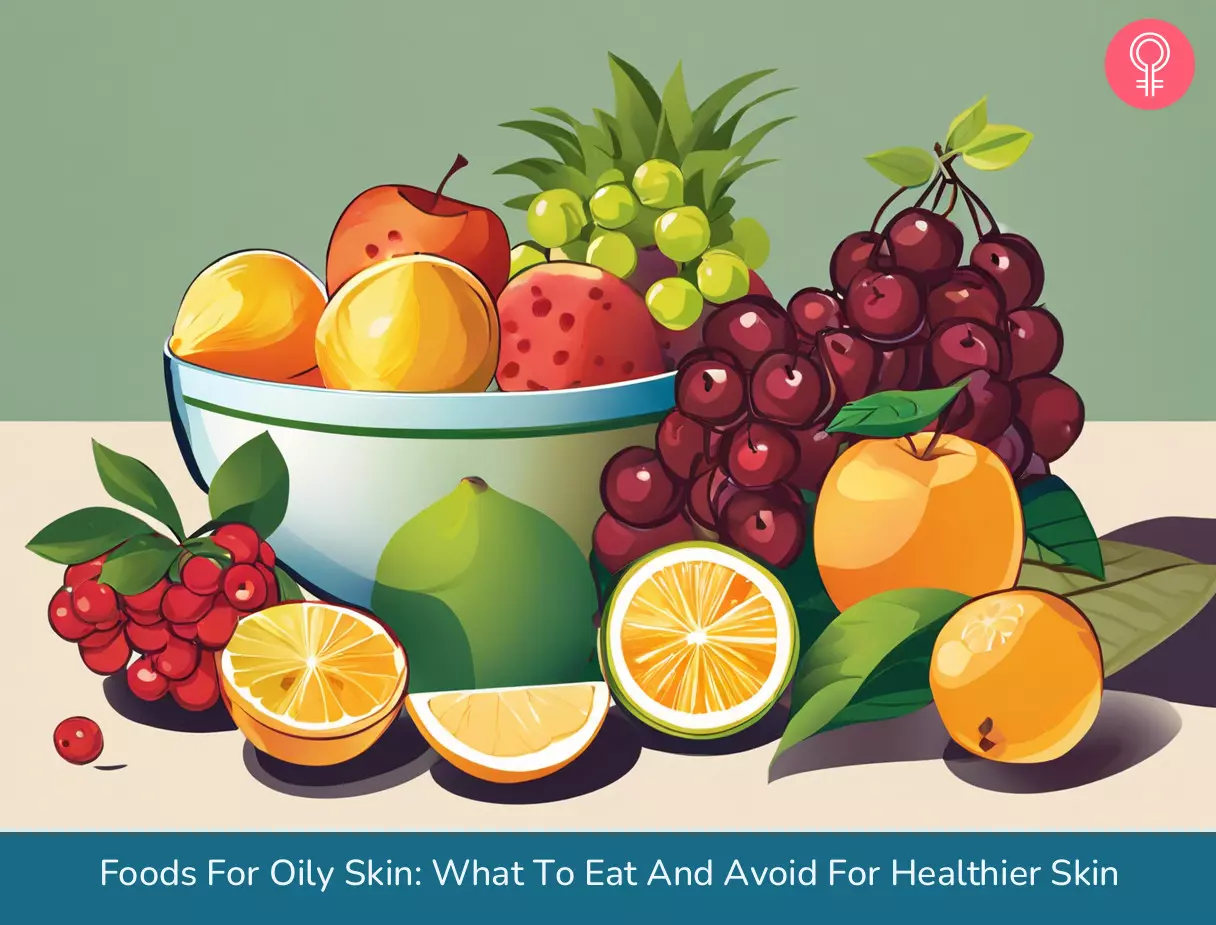
Image: Stable Diffusion/StyleCraze Design Team
Discover the ultimate guide to a healthy diet for oily skin. Watch this video to uncover the secrets of balancing nutrition, unlocking radiant skin, and embracing a confident, oil-free complexion.
Personal Experience: Source
StyleCraze's articles are interwoven with authentic personal narratives that provide depth and resonance to our content. Below are the sources of the personal accounts referenced in this article.
i. SUGAR FREE DIET FOR CLEAR SKINhttps://www.youtube.com/watch?v=Hp8NCoAOoMc
References
Articles on StyleCraze are backed by verified information from peer-reviewed and academic research papers, reputed organizations, research institutions, and medical associations to ensure accuracy and relevance. Read our editorial policy to learn more.
- Cucumis sativus fruit-potential antioxidant anti-hyaluronidase and anti-elastase agent
https://link.springer.com/article/10.1007/s00403-010-1103-y - Phytochemical and therapeutic potential of cucumber
https://www.sciencedirect.com/science/article/abs/pii/S0367326X12002791?via%3Dihub - Buckwheat bioactive compounds their derived phenolic metabolites and their health benefits
https://www.ncbi.nlm.nih.gov/pmc/articles/PMC6599964/ - Wheat bran: its composition and benefits to health a European perspective
https://www.ncbi.nlm.nih.gov/pmc/articles/PMC3507301/ - Biotin Deficiency
https://www.ncbi.nlm.nih.gov/books/NBK547751/ - Effect of dietary fiber on constipation: A meta analysis
https://www.ncbi.nlm.nih.gov/pmc/articles/PMC3544045/ - The Effect of Walnut Consumption on n-3 Fatty Acid Profile of Healthy People Living in a Non-Mediterranean West Balkan Country a Small Scale Randomized Study
https://www.ncbi.nlm.nih.gov/pmc/articles/PMC7019815/ - Omega 3 Fatty Acid and Skin Diseases
https://www.ncbi.nlm.nih.gov/pmc/articles/PMC7892455/ - Cosmetic and Therapeutic Applications of Fish Oil’s Fatty Acids on the Skin
https://www.ncbi.nlm.nih.gov/pmc/articles/PMC6117694/ - Bioactive compounds in banana and their associated health benefits – A review
https://www.sciencedirect.com/science/article/abs/pii/S0308814616303831?via%3Dihub - Avocado Oil: Characteristics Properties and Applications
https://www.ncbi.nlm.nih.gov/pmc/articles/PMC6600360/ - Preparation and evaluation of anti-wrinkle cream containing saffron extract and avocado oil
https://pubmed.ncbi.nlm.nih.gov/31957954/ - Composition efficacy and safety of spinach extracts
https://pubmed.ncbi.nlm.nih.gov/14690799/ - Efficacy of two plant extracts against acne vulgaris: Initial results of microbiological tests and cell culture studies
https://pubmed.ncbi.nlm.nih.gov/30414245/ - Polyphenol-Rich Lentils and Their Health Promoting Effects
https://www.ncbi.nlm.nih.gov/pmc/articles/PMC5713359/ - Antioxidant and anti-ageing activities of citrus-based juice mixture
https://www.sciencedirect.com/science/article/abs/pii/S0308814615013023?via%3Dihub - Effects of lifelong intake of lemon polyphenols on aging and intestinal microbiome in the senescence-accelerated mouse prone 1 (SAMP1)
https://www.ncbi.nlm.nih.gov/pmc/articles/PMC6403313/ - Eating chocolate can significantly protect the skin from UV light
https://pubmed.ncbi.nlm.nih.gov/19735513/ - Long-term ingestion of high flavanol cocoa provides photoprotection against UV-induced erythema and improves skin condition in women
https://pubmed.ncbi.nlm.nih.gov/16702322/ - Continuous Dark Chocolate Consumption Affects Human Facial Skin Surface by Stimulating Corneocyte Desquamation and Promoting Bacterial Colonization
https://www.ncbi.nlm.nih.gov/pmc/articles/PMC6169599/ - Coconut water of different maturity stages ameliorates inflammatory processes in model of inflammation
https://www.ncbi.nlm.nih.gov/pmc/articles/PMC4927129/ - Citrus limon (Lemon) Phenomenon—A Review of the Chemistry Pharmacological Properties Applications in the Modern Pharmaceutical Food and Cosmetics Industries and Biotechnological Studies
https://www.ncbi.nlm.nih.gov/pmc/articles/PMC7020168/ - The Role of Carotenoids in Human Skin
https://www.ncbi.nlm.nih.gov/pmc/articles/PMC6264659/ - Carotenemia. A review
https://pubmed.ncbi.nlm.nih.gov/7449242/ - Dairy intake and acne development: A meta-analysis of observational studies
https://pubmed.ncbi.nlm.nih.gov/29778512/ - Diet in Acne Vulgaris: Open or Solved Problem?
https://www.ncbi.nlm.nih.gov/pmc/articles/PMC5395543/ - Caffeinated coffee consumption impairs blood glucose homeostasis in response to high and low glycemic index meals in healthy men
https://pubmed.ncbi.nlm.nih.gov/18469247/ - Diet and acne update: carbohydrates emerge as the main culprit
https://pubmed.ncbi.nlm.nih.gov/24719062/ - Linking diet to acne metabolomics inflammation and comedogenesis: an update
https://www.ncbi.nlm.nih.gov/pmc/articles/PMC4507494/ - Nutrition and acne
https://pubmed.ncbi.nlm.nih.gov/21034984/ - Salty and spicy food; are they involved in the pathogenesis of acne vulgaris? A case controlled study
https://pubmed.ncbi.nlm.nih.gov/26648163/ - Alcohol and skin disorders: with a focus on psoriasis
https://pubmed.ncbi.nlm.nih.gov/21611681/ - Significance of diet in treated and untreated acne vulgaris
https://www.ncbi.nlm.nih.gov/pmc/articles/PMC4884775/ - Turmeric as Medicinal Plant for the Treatment of Acne Vulgaris
https://www.pharmatutor.org/pdf_download/pdf/Vol.%205,%20Issue%204,%20April%202017,%20PharmaTutor,%20Paper-3.pdf
Read full bio of Dr. Priya Gill
Read full bio of Kushneet Kukreja
Read full bio of Ramona Sinha
Read full bio of Swathi E





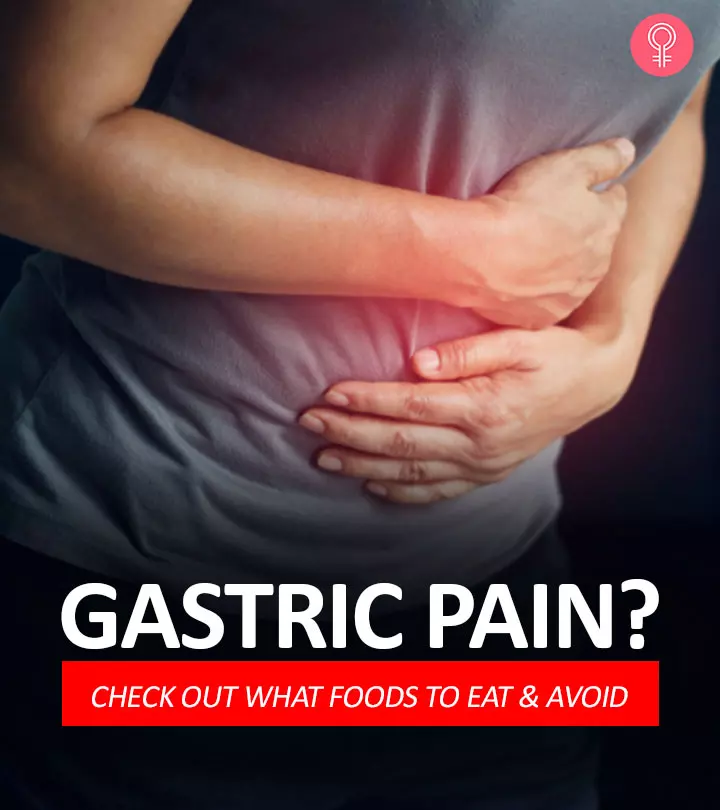
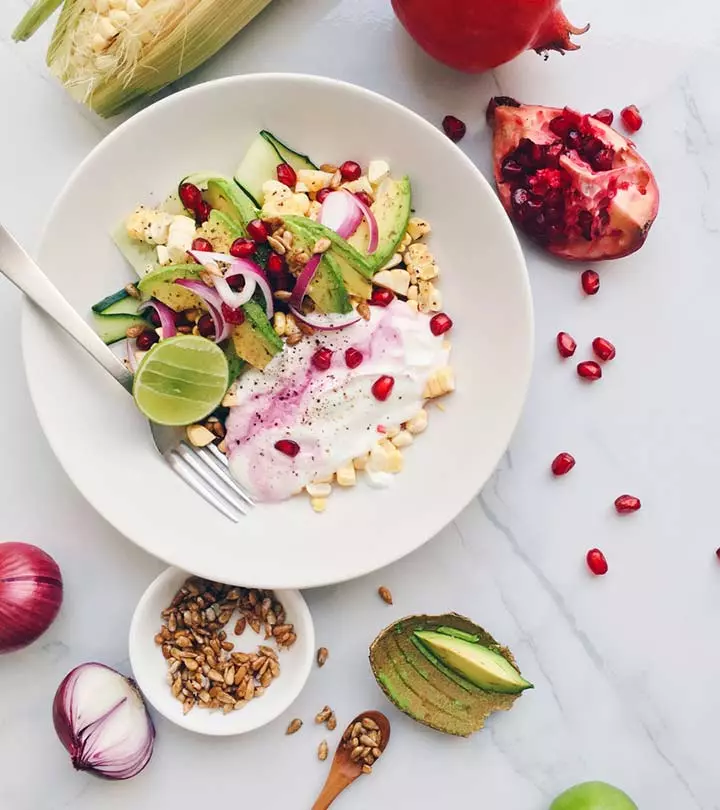
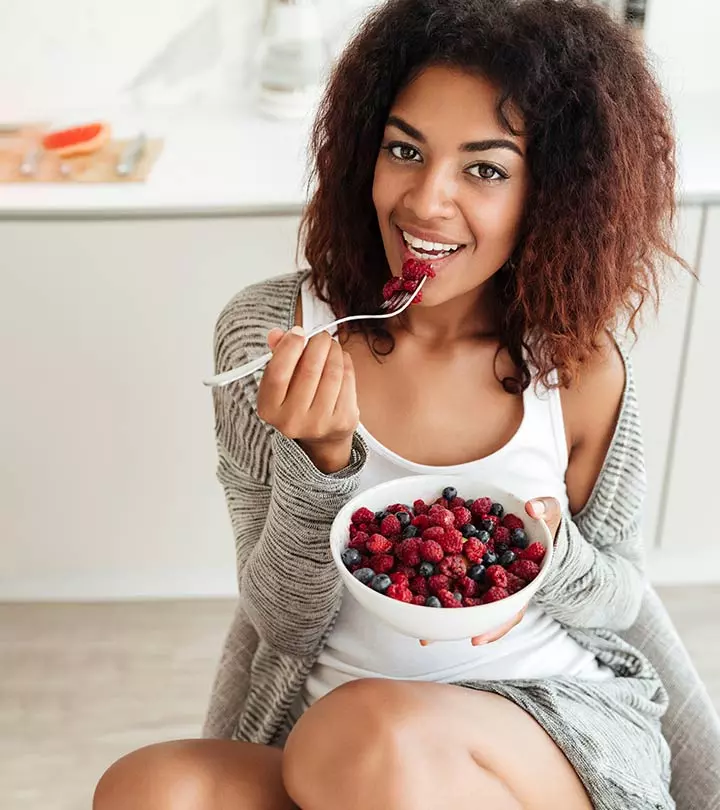

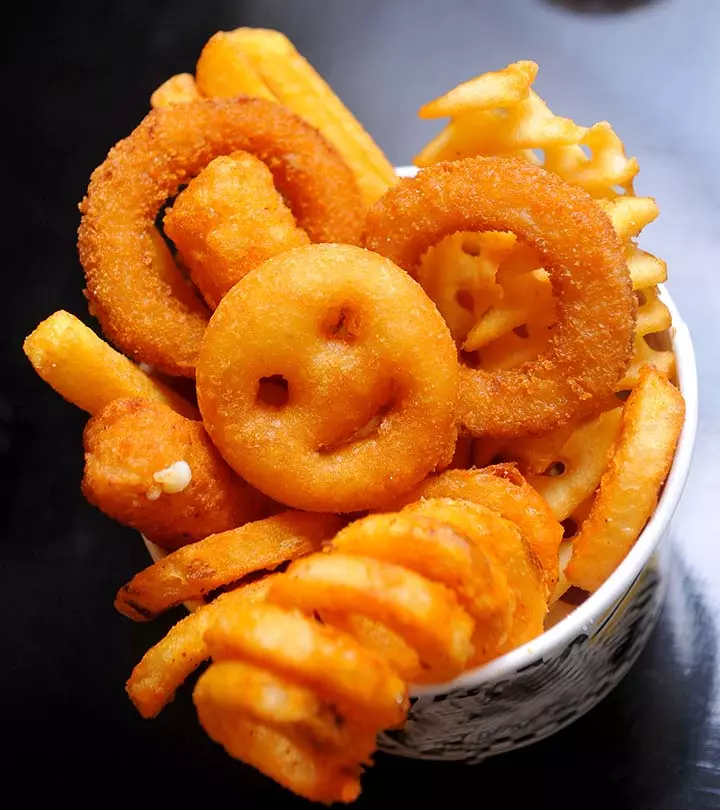

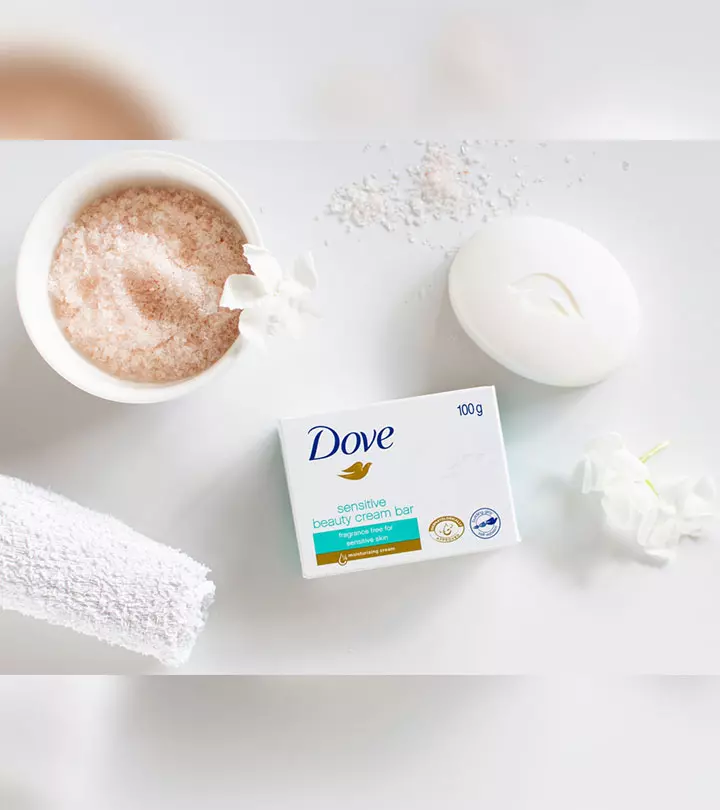

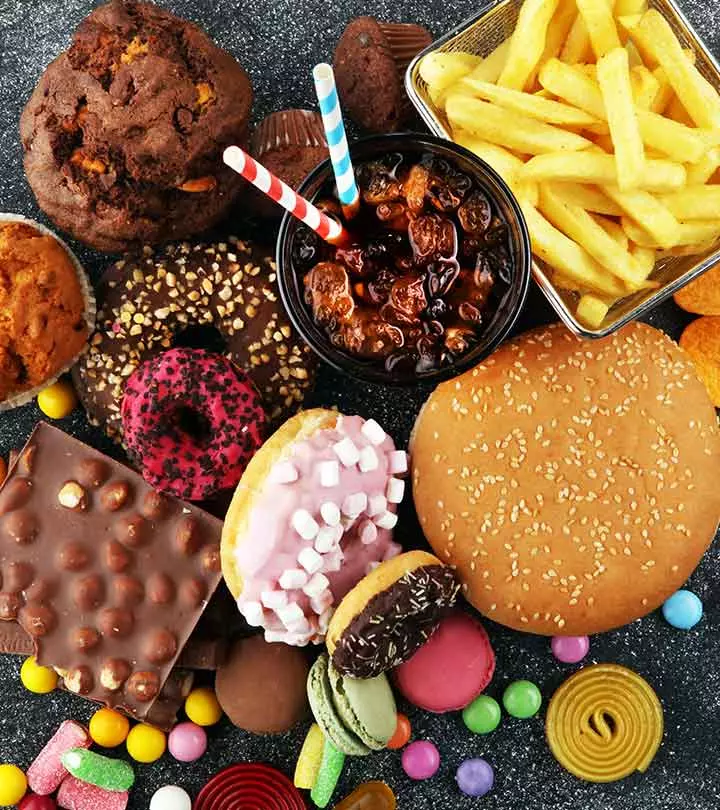
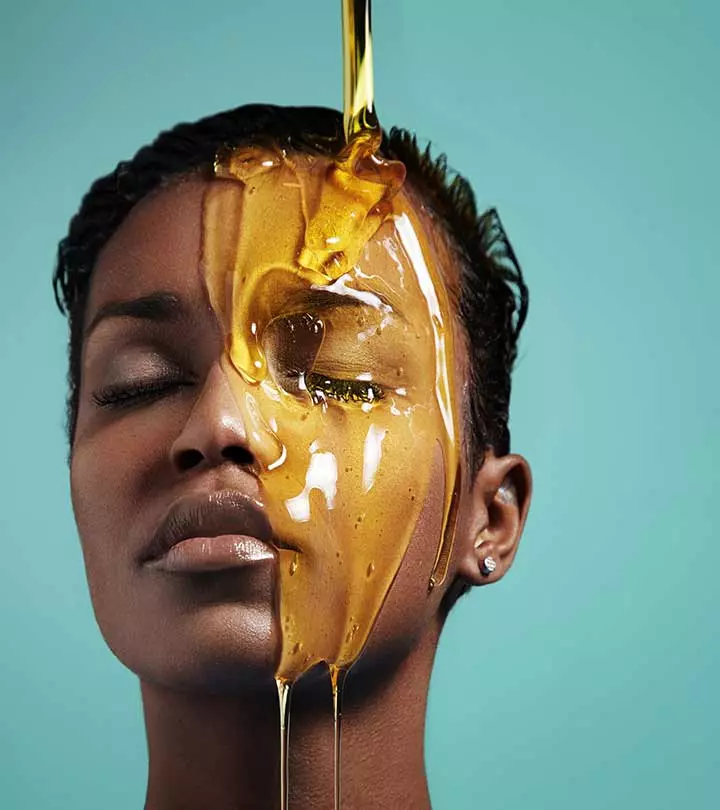
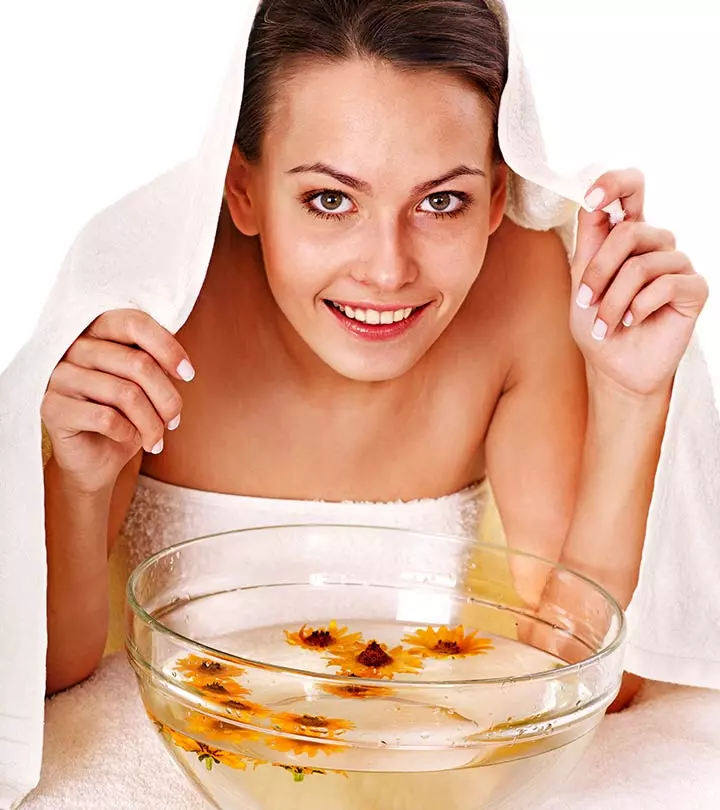
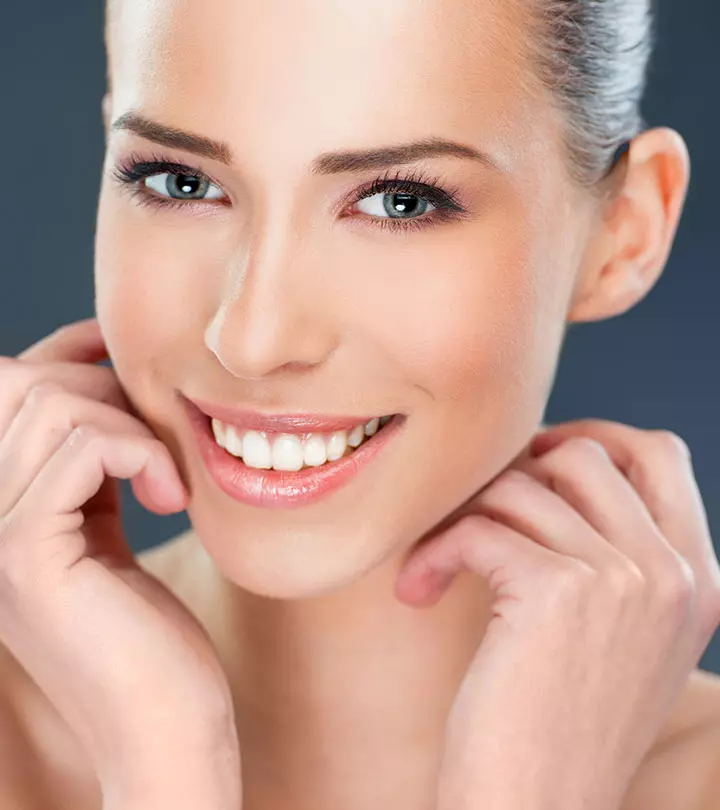

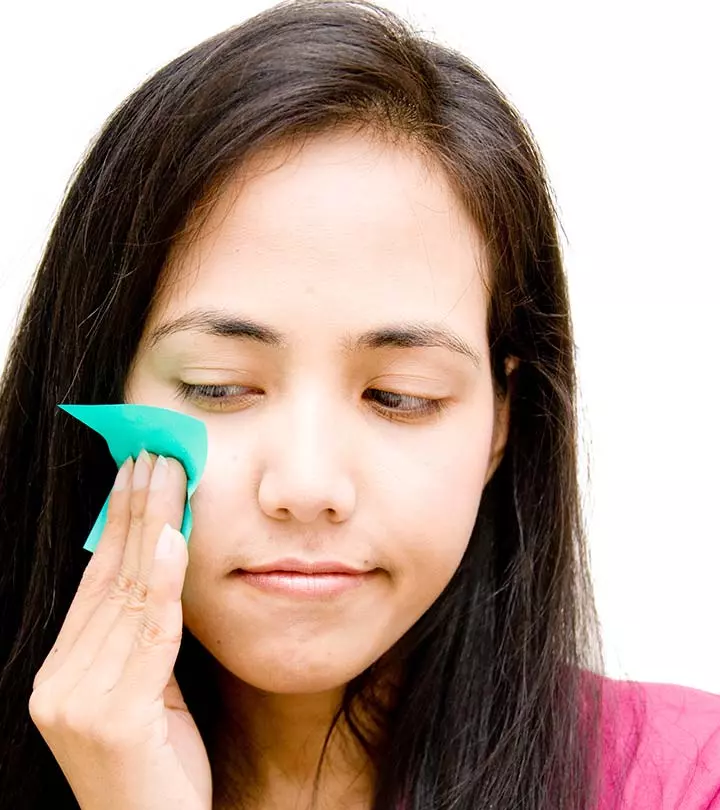
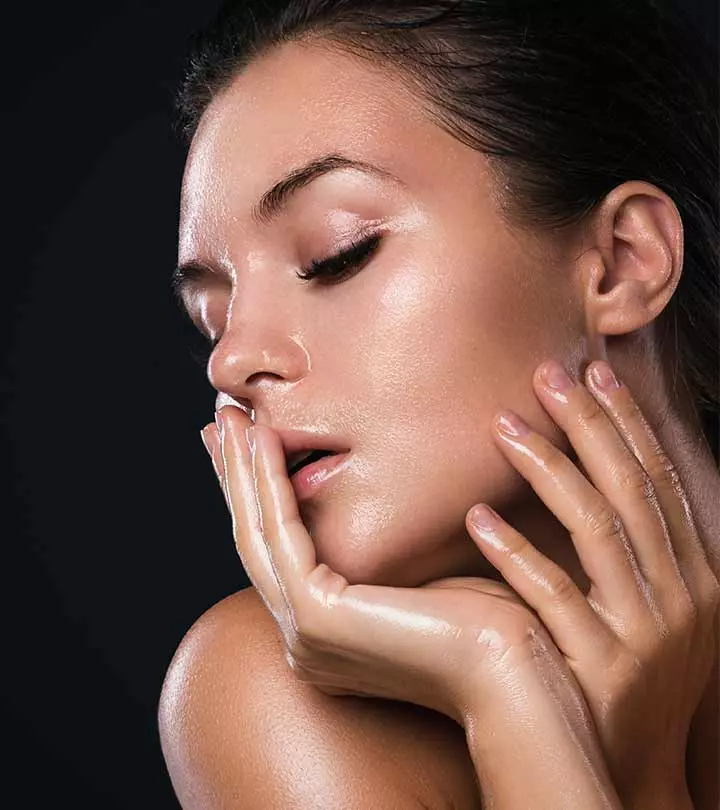
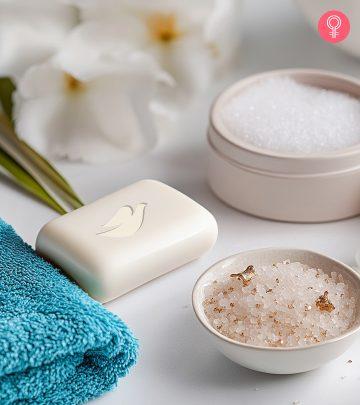


Community Experiences
Join the conversation and become a part of our empowering community! Share your stories, experiences, and insights to connect with other beauty, lifestyle, and health enthusiasts.